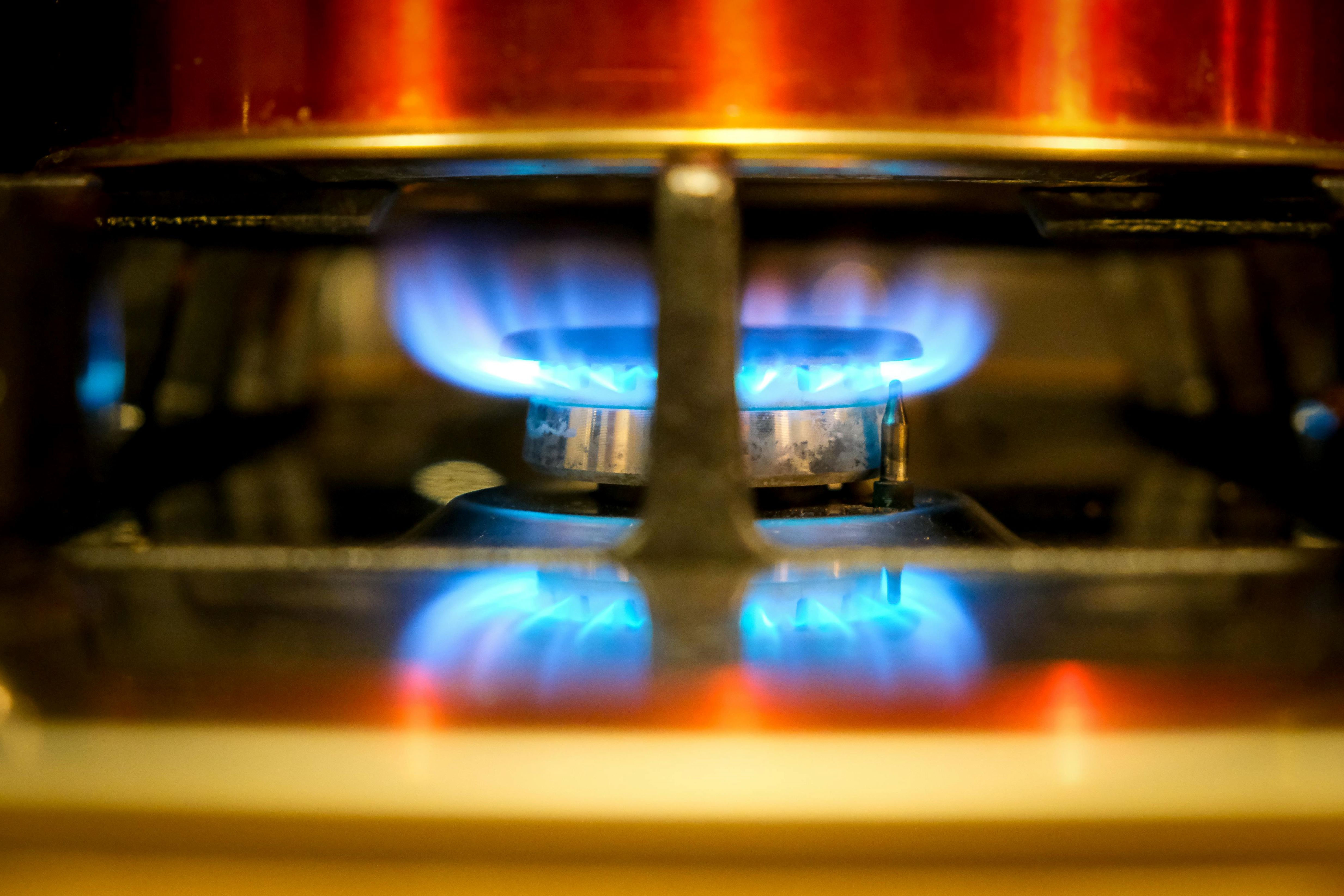Oracle Share Price Analysis: Bearish Phase, Valuation Signals and Bullish Reversal Outlook
$154.97
04 Feb 2026, 11:45

Pexels.com

British households are bracing for higher energy bills starting in January 2024, as Ofgem, the UK’s energy regulator, announced an increase in the energy price cap. The decision, driven by rising wholesale energy costs, means the average annual energy bill will climb to £1,738, up from £1,717.
Here’s a breakdown of the key information you need to know about the latest price cap adjustment.
What Is the Energy Price Cap?
Introduced in 2019, the energy price cap limits the maximum amount energy providers can charge households on standard tariffs per unit of gas and electricity. This cap is reviewed and adjusted quarterly to reflect changes in wholesale energy costs.
For the January-March period, the cap will rise by 1.2%, marking a smaller increase compared to the 10% jump that took effect in October 2023. However, energy bills remain significantly higher than pre-crisis levels, when costs were far lower before the energy market was destabilised by geopolitical tensions, particularly Russia’s invasion of Ukraine in 2022.
Impact on Households
The cost-of-living crisis, compounded by sustained high energy prices, continues to burden UK households:
Tim Jarvis, Ofgem’s director-general of markets, acknowledged the challenges faced by many and urged consumers to explore better deals. According to Ofgem, cheaper energy plans are returning to the market, with some tariffs now 10% below the price cap.
Why Are Energy Prices Rising?
Wholesale gas prices have stayed elevated due to:
Government and Industry Response
The rising energy costs pose a challenge for the Labour government, which has promised to address the cost-of-living crisis. Critics have pointed out that substantial relief measures are yet to be introduced. However, recent industry actions aim to provide some relief:
What Can You Do to Reduce Your Bills?
The latest price cap increase underscores the ongoing challenges of high energy costs for UK households. While relief options and competitive tariffs provide some hope, the long-term solution will require structural changes to the UK’s energy market and government policy.
Source: (FT.com)